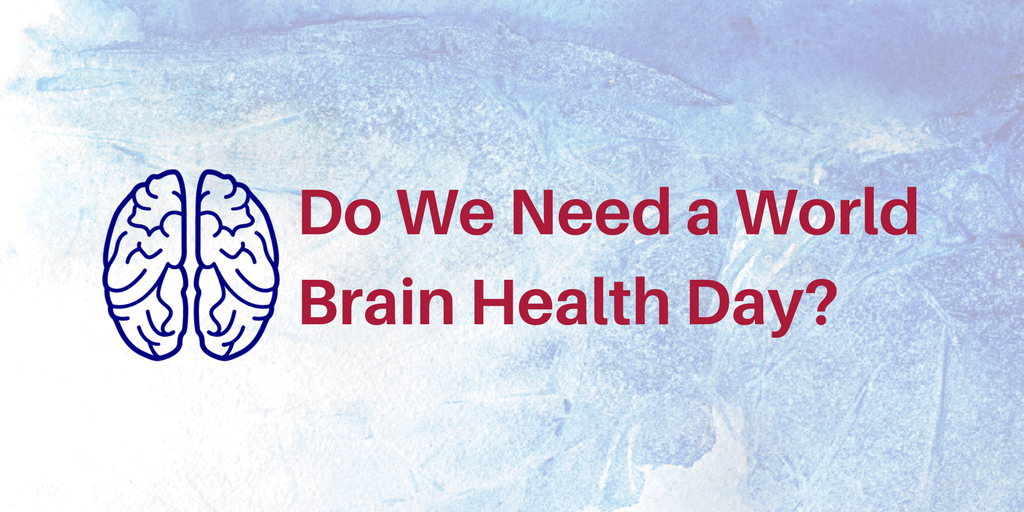Do We Need a World Brain Health Day?
On October 10th, the World Health Organization led healthcare systems, research institutions, provider groups, and patients in the recognition of World Mental Health Day. Awareness and educational events occurred in countries around the globe. This outflowing of support raises an interesting question: does the Alzheimer’s research community need a World Brain Health Day?
While this may seem like a question for advocacy groups, not researchers, low levels of brain health awareness actually have a direct, negative impact on Alzheimer’s research. Most individuals don’t understand their own brain health, preventing them from taking the first step in the journey to research participation.
Yet currently, few providers and health systems focus on addressing this gap. As a result, the pool of potential research volunteers remains small, making trial recruitment more difficult, lengthy, and expensive. Ultimately, that slows progress in Alzheimer’s research and therapeutic development.
That’s not to imply important research in the area of brain health isn’t being conducted. For example, consider the ongoing EXERT study (Exercise in Adults with Mild Memory Problems). This study, conducted at six GAP-Net sites across the US, is a three-year clinical trial that is testing whether physical exercise can slow the progression of mild memory loss and improve thinking skills in older adults. EXERT, however, faces the same challenges.
So what can healthcare professionals and researchers do to stimulate clinical trial participation?
The best way is to help individuals bring brain health into their daily lives. Then, research becomes a natural extension of the actions they are already taking every day.
With that in mind, healthcare and research organizations can educate patients about the eight pillars of brain health:
- Stay Active
- Eat Well
- Sleep Well
- Exercise Your Brain
- Connect with Friends and Family
- Relax and Reduce Stress
- Control Risk Factors
- Get Involved in Research
These pillars reflect that research isn’t separate from general brain health awareness – both are part of the same journey for an eventual trial volunteer. You can learn more about these strategies at activ8yourbrain.org.
That’s why GAP and the Memory Strings Community are working together to get more people started down the path to clinical trials. In cities and towns across the US, we’re collaborating with trial sites, provider networks, and community organizations to increase brain health awareness and build a pool of potential research volunteers.
Our goal: more informed, trial-ready volunteers who understand the importance of brain health and proactively seek out research opportunities. That translates into better, faster, cheaper Alzheimer’s trials.
